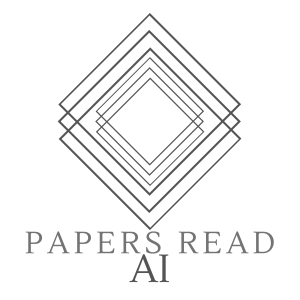

Generating step-by-step"chain-of-thought"rationales improves language model performance on complex reasoning tasks like mathematics or commonsense question-answering. However, inducing language model rationale generation currently requires either constructing massive rationale datasets or sacrificing accuracy by using only few-shot inference. We propose a technique to iteratively leverage a small number of rationale examples and a large dataset without rationales, to bootstrap the ability to perform...
Generating step-by-step"chain-of-thought"rationales improves language model performance on complex reasoning tasks like mathematics or commonsense question-answering. However, inducing language model rationale generation currently requires either constructing massive rationale datasets or sacrificing accuracy by using only few-shot inference. We propose a technique to iteratively leverage a small number of rationale examples and a large dataset without rationales, to bootstrap the ability to perform successively more complex reasoning. This technique, the"Self-Taught Reasoner"(STaR), relies on a simple loop: generate rationales to answer many questions, prompted with a few rationale examples; if the generated answers are wrong, try again to generate a rationale given the correct answer; fine-tune on all the rationales that ultimately yielded correct answers; repeat. We show that STaR significantly improves performance on multiple datasets compared to a model fine-tuned to directly predict final answers, and performs comparably to fine-tuning a 30$\times$ larger state-of-the-art language model on CommensenseQA. Thus, STaR lets a model improve itself by learning from its own generated reasoning.
2022: E. Zelikman, Yuhuai Wu, Noah D. Goodman
https://arxiv.org/pdf/2203.14465.pdf
View more
2022: E. Zelikman, Yuhuai Wu, Noah D. Goodman
https://arxiv.org/pdf/2203.14465.pdf
Comments (3)
More Episodes
All Episodes>>Create Your Podcast In Minutes
- Full-featured podcast site
- Unlimited storage and bandwidth
- Comprehensive podcast stats
- Distribute to Apple Podcasts, Spotify, and more
- Make money with your podcast
It is Free












